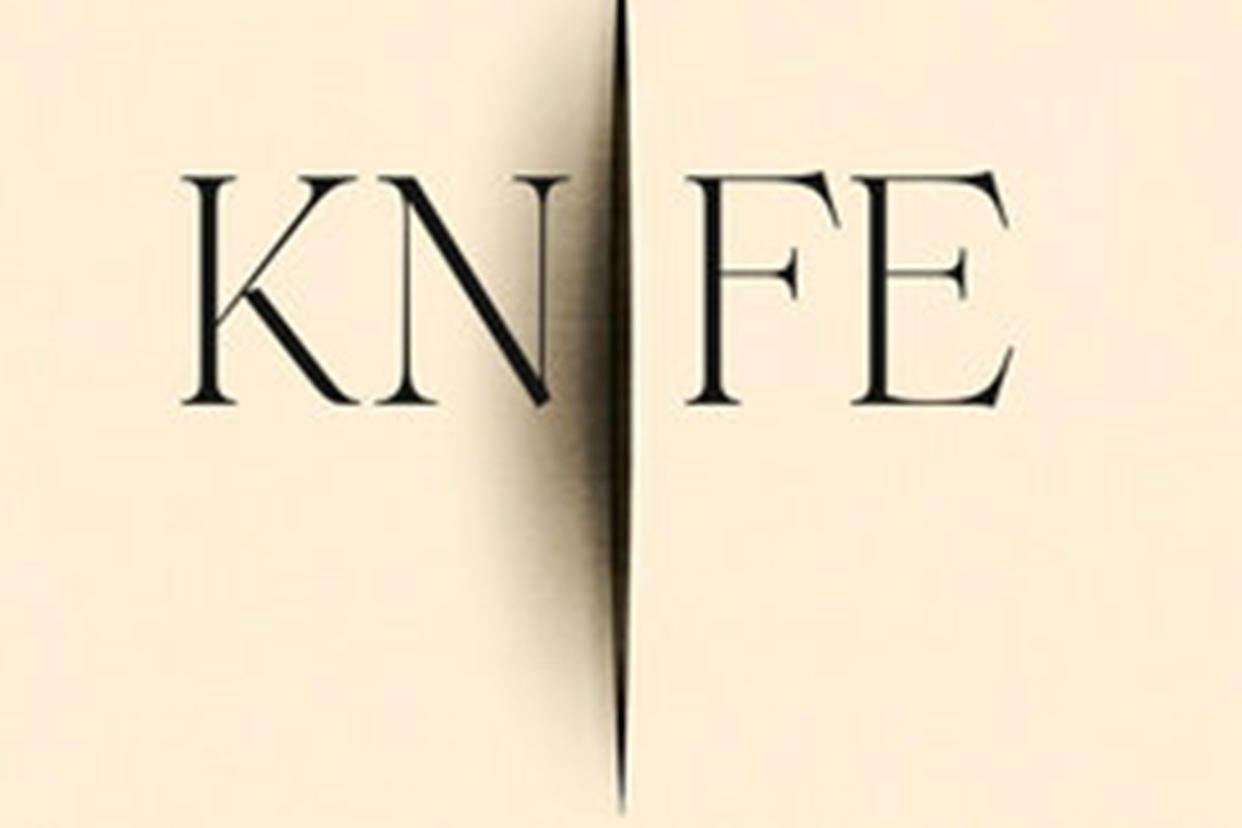How Salman Rushdie survived his assassin

- Oops!Something went wrong.Please try again later.
For over three decades, author Salman Rushdie had wondered when (or if) an assassin would come for him.
In 1988, Iran’s Ayatollah Khomeini declared his novel “The Satanic Verses” blasphemous and issued a fatwa (or Islamic ruling) calling for Rushdie’s death. Even musician (and convert to Islam) Cat Stevens — who wrote the iconic tune “Peace Train” — was rooting for his murder. But Rushdie managed to avoid violence… until the summer of 2022.
On Aug. 12, he was slated to speak in Upstate New York about (ironically enough) “the importance of keeping writers safe from harm,” Rushdie writes in his new memoir, “Knife: Meditations After an Attempted Murder” (Random House), out now.
When he saw Hadi Matar, a 24-year-old extremist from New Jersey, rushing the stage, a knife in hand, he wasn’t completely surprised. His first thought, he writes, was, “So it’s you. Here you are.” And then, “Why now, after all these years?”
Rushdie was stabbed “13 or 14 times,” by his count, and his injuries hospitalized him for six weeks, permanently damaging one hand and blinding him in one eye.
His physical recovery took just a few months, but he still grappled with why. “Whatever the attack was about, it wasn’t about ‘The Satanic Verses,’” Rushdie writes. Matar agreed, admitting in an interview with the Post that he’d only read “a couple pages” of the novel. His reasons had more to do with Rushdie being “disingenuous,” which Rushdie writes is an “unconvincing motive if one were to use it in crime fiction.”
Lacking other answers, Rushdie imagines an interview between him and Matar, whom he refuses to name in the book, calling him only “The A” (short for “The Ass.”) The A doesn’t have much of a defense, other than a lonely life of incel brainwashing. As for the “disingenuous” jab, Rushdie borrows a line from the movie The Princess Bride to answer him: “You keep using that word. I do not think it means what you think it means.”
Rushdie gives himself the last word — it is his book, after all — telling Matar that while their lives collided that terrible day, Rushdie’s has only improved and “yours has deteriorated,” he writes. “I was the one with the luck.”

